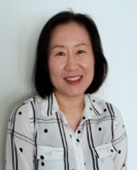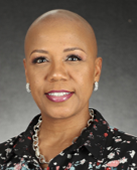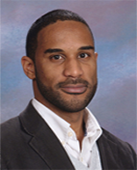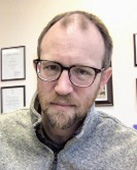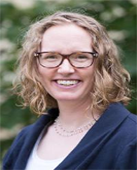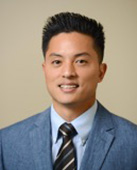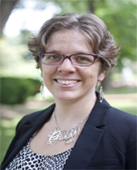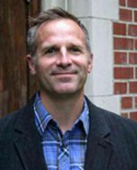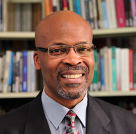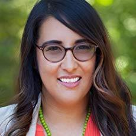Teaching Race, Memory, Justice, and Reconciliation
The Project on Lived Theology assembled a workgroup of ten professors from church-related colleges and universities who teach undergraduate courses for Lift Every Voice and Teach: Teaching Race, Memory, Justice, and Reconciliation (LEVaT). The two-year project culminated in a colloquium at Hamline University (May 18–20, 2023) bringing together twenty-six participants from twenty-one church-affiliated and Christian colleges and universities in disciplines ranging from Biblical studies and theology to anthropology, sociology, history, English literature, and theater.
The inaugural issue of The Mahle Lectures presents content from the workshops and some of the conversations at the Lift Every Voice and Teach Colloquium. The articles are not academic papers—though they contain significant academic research, wisdom, and classroom experience—they are “Workshop Notes” that serve as both a record of our gathering at a particular moment in the history of American Christianity and education and hopefully a place for our colleagues to glean some ideas, tools, and inspiration for their own teaching and to continue the conversation.
From Charlottesville to Minneapolis: An Introduction to the Lift Every Voice and Teach Workgroup
Peter Slade
Workshop Notes: Structural Change in Christian Higher Education
Wongi Park and Aida Isela Ramos
Workshop Notes: Identifying Racial Narratives
Drew G. Hart and Karen Johnson
Workshop Notes: Christian Perspectives on Race
Kelly W. Figueroa-Ray and Mark Mulder
Workshop Notes: Teaching Race In Diverse Classrooms Without Hurting Our Students
Patricia Brown and Peter Slade
Workshop Notes: Faculty’s Positionality and Soul Care
Rebecca Y. Kim and Nicholas Rowe
A Principled Pedagogy: Resources from the LEVaT Workgroup and Colloquium
Peter Slade
Meeting one: October 2021 – Virtual
Meeting two: October 2022 – Charlottesville, Virginia
Meeting three: May 2023 – Saint Paul, Minnesota
There is a common ritual in the days before the start of a new school year at all colleges and universities. Every professor has a conversation with her colleagues that goes something like this: “Can you believe it? Most of the first-year students will not have known a time without [fill in the blank],” or “My students were not even born when [fill in the blank].” What’s in the blank changes every year; however, these statements are always met with rueful chuckles and the shaking of heads. But there is a seriousness to these statements. As teachers, we have to be constantly aware of the changing life experiences, attitudes, and expectations of our students.
This generation of students (and the next) will have come of age during the current iteration of our nation’s racialized culture war. Their touchstone events will be the death of George Floyd and the riot at the U.S. Capitol building. The veterans of the struggle for civil rights that come to speak in their classrooms will have marched on the streets of Ferguson and Charlottesville rather than on the streets of Selma and Birmingham.
The Project on Lived Theology is assembling a group of professors from church-related colleges and universities, from a range of disciplines, who teach courses to undergraduates on the subjects of race, memory, justice, and reconciliation. Over the course of two academic years, we will explore how we have had to adapt our curricula and pedagogical approaches in order to teach undergraduate students who have come of age in this era of hyper-partisanship and heightened rhetoric around race and immigration. We will also discuss how we have tried to meet the challenges in our classrooms, where once acceptable or neutral terms and concepts dealing with race, racism, and systemic injustice have become loaded or freighted in new and unhelpful ways, making them very difficult topics to address. Participants will share their collective hope, experience, and wisdom for transformative education and will address some of the hardest parts of teaching our churches’ histories and our present practices. The workgroup’s purpose will be to encourage and develop pedagogy from the rent and fraying fabric of our present in order to prepare our students for the necessary decades-long task of fostering hope and healing to our communities and country.
WORKSHOP PARTICIPANTS


